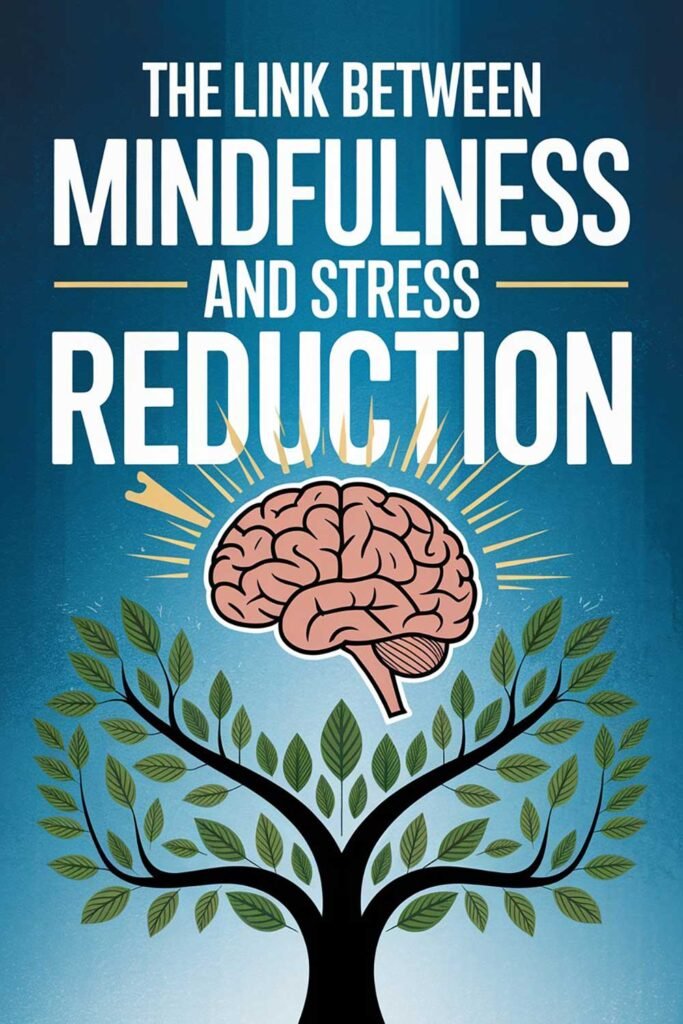How to Recover From Financial Mistakes and Rebuild
We all make mistakes—some more costly than others. But when it comes to money, the weight of financial missteps can feel overwhelming. Whether it’s maxed-out credit cards, missed payments, overspending, bad investments, or loans that spiraled out of control, the good news is: you can recover, rebuild, and come back stronger.

Financial recovery isn’t about shame. It’s about strategy, self-awareness, and slow, steady steps forward. In this article, we’ll walk through how to own your financial past, shift your money mindset, take control, and start building a more stable and empowered financial future.
Step 1: Acknowledge the Mistake Without Shame
It all starts here: you can’t change what you don’t acknowledge.
Avoiding the problem doesn’t make it go away. Facing it does.
Instead of asking, “How did I let this happen?” ask, “What can I learn from this?”
Real-Life Example:
Melissa ignored her credit card bills for months out of fear. Once she finally faced her balances, she realized she could start negotiating interest rates and creating a plan. Today, she’s debt-free and helps others face their own money stories.
Step 2: Assess Your Current Financial Situation
Take inventory:
- How much debt do you have?
- What is your monthly income?
- What are your fixed and variable expenses?
- Are you behind on payments?
Gather it all—credit reports, bills, bank statements. Knowledge is power.
Step 3: Own Your Financial Story
You are not your mistakes. You are the person writing the next chapter.
Shifting from guilt to ownership helps you move from stuck to empowered.
Ask yourself:
- What triggered these decisions?
- What patterns do I want to change?
- What lessons am I carrying forward?
Step 4: Create a Financial Recovery Plan
1. Set Realistic Goals
- Pay off one credit card
- Save your first $500
- Start paying bills on time again
2. Build a Budget That Reflects Your Reality
- Track every dollar
- Use tools like Mint, YNAB, or simple spreadsheets
- Give every dollar a job
3. Prioritize High-Impact Actions
- Focus on paying down high-interest debt first
- Negotiate interest rates or settle old collections
- Rebuild emergency savings to avoid future setbacks
Step 5: Rebuild Your Credit Score (If Needed)
Start with:
- Paying all current bills on time
- Getting current on missed payments
- Keeping credit card balances below 30% of the limit
- Disputing any errors on your credit report
Over time, your score will improve as your habits do.
Real-Life Example:
After a job loss, Kevin defaulted on several loans. He started using a secured credit card, made on-time payments, and watched his score go from 520 to 710 in two years.
Step 6: Build New Financial Habits
Replace:
- Impulse spending with intentional budgeting
- Emotional purchases with mindful reflection
- Avoidance with awareness
Implement:
- Monthly money check-ins
- Weekly budget reviews
- Daily spending mindfulness
These habits stack up and rebuild not just your finances, but your confidence.
Step 7: Practice Forgiveness and Keep Moving
Forgive yourself.
You were doing the best you could with the knowledge, resources, and mindset you had.
Now, you know more. You can do better. Progress is the goal—not perfection.
Real-Life Example:
Angela filed for bankruptcy in her 30s. It felt like rock bottom. But she used it as a fresh start. Now in her 40s, she owns her home, has no debt, and teaches budgeting classes in her community.
Helpful Tools for Financial Recovery
- Credit Karma / Credit Sesame (track credit scores)
- Undebt.it (debt payoff planner)
- YNAB / Mint / EveryDollar (budgeting apps)
- Your bank’s auto-transfer tool (automate savings)
- Books: Your Money or Your Life, I Will Teach You To Be Rich, The Total Money Makeover
20 Quotes About Overcoming Financial Mistakes
“You are not a failure just because you made a mistake.” – Unknown
“Failure is simply the opportunity to begin again, this time more intelligently.” – Henry Ford
“The comeback is always stronger than the setback.” – Unknown
“Don’t dig up in doubt what you planted in faith.” – Elisabeth Elliot
“Budgeting isn’t about limiting yourself. It’s about making the things that matter most possible.” – Unknown
“Financial peace isn’t the acquisition of stuff. It’s learning to live on less than you make.” – Dave Ramsey
“Fall seven times, stand up eight.” – Japanese Proverb
“It’s not about how much money you make, but how much you keep.” – Robert Kiyosaki
“Money mistakes are tuition fees for financial education.” – Unknown
“There is no failure, only feedback.” – Robert Allen
“The best time to start over is now.” – Unknown
“Mistakes are proof that you’re trying.” – Jennifer Lim
“Every saint has a past, and every sinner has a future.” – Oscar Wilde
“Rock bottom became the solid foundation on which I rebuilt my life.” – J.K. Rowling
“Clarity comes from action, not thought.” – Marie Forleo
“Wealth is the ability to fully experience life.” – Henry David Thoreau
“Discipline is choosing between what you want now and what you want most.” – Abraham Lincoln
“A mistake repeated more than once is a decision.” – Paulo Coelho
“Owning your story is the bravest thing you’ll ever do.” – Brené Brown
“The best view comes after the hardest climb.” – Unknown
🧠 Picture This
You sit down with a hot drink and open your budgeting app. Instead of shame, you feel strength. You’ve been tracking your spending, making payments, and watching your balance drop little by little.
You smile. Because this time, you’re not just hoping things will get better.
You’re making them better.
One paycheck. One payment. One habit at a time.
And it all started the day you decided to take back control.
What if your biggest financial mistake became your biggest comeback story?
📣 Please Share This Article
If this article helped you or reminded you of someone who needs a fresh financial start, please share it. Your share could be the encouragement someone needs to believe in their ability to rebuild.
⚠️ Disclaimer
This article is based on personal experiences and financial education. It is for informational purposes only and does not constitute financial or legal advice. Please consult a certified financial advisor, credit counselor, or attorney for guidance specific to your situation.






